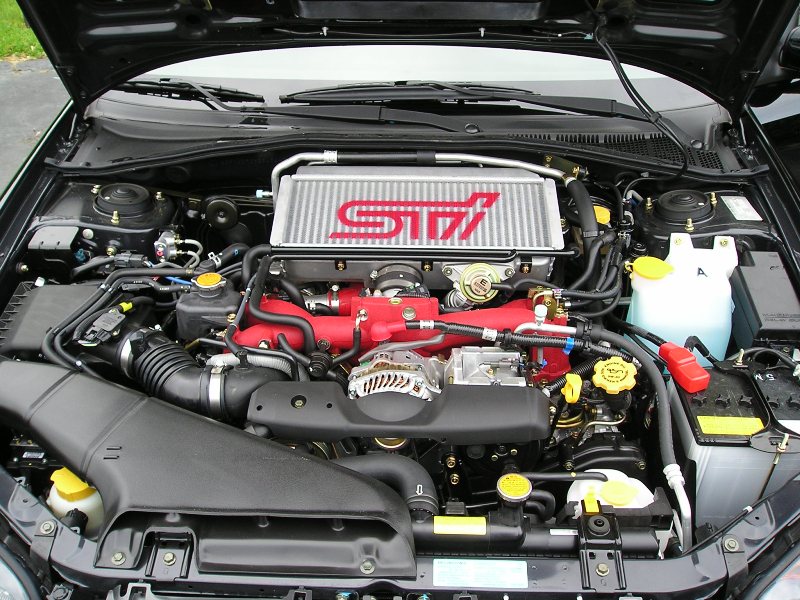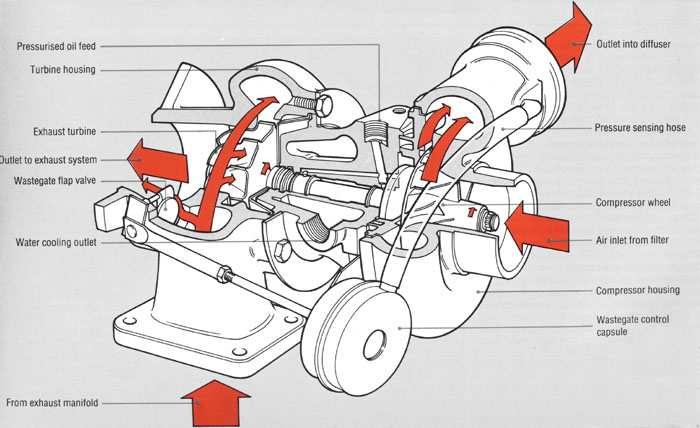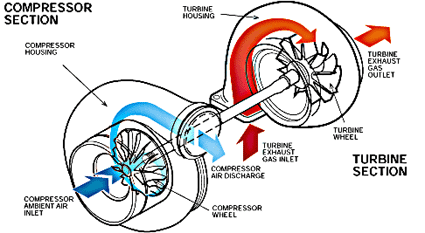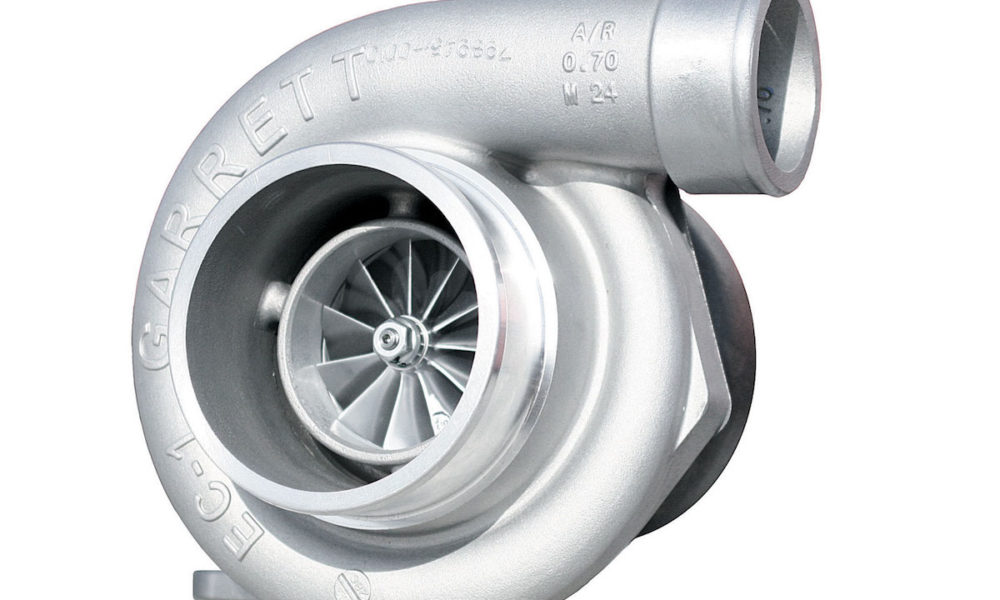Considering a turbocharged vehicle? Big kahuna intakes or parallel twin turbo? That is not essential for the time being whether you’ve a shoestring budget. The first thing you should think about is how fuel efficient is it? Then whether gas or diesel. Turbocharging is the system with internal combustion engines to work with a vehicle’s exhaust gases to cram force caused compressed air in the engine. This concept follows the idea that the normal internal combustion engine’s capability to use air for feeding a combustion cycle is restricted to the negative pressure its pistons create to draw air in from the outside unaided.

Together with the turbocharger, more air mass is induced in the engine, thus making the engine burn a lot more proficiently, and hence performs far better. Normal diesel engines were created to be over constructed, helping it withstand higher pressures and heat from the start. Diesel engine power results are less compared to gas engines which need less pressure from turbochargers to generate more power. Diesel engines are not restricted by the optical values of gas as diesel engine are designed to pump fuel into its combustion chamber only at that moment of ignition. Are shown to be fuel efficient than diesel engines with no turbocharger.

In diesel engines, more air compressed in the engine results in greater fuel efficiency. Virtually, there is very little drawback to owning a turbodiesel vehicle. Turbocharged gasoline engines might perform better than turbodiesels, but need more consideration for equilibrium and care. Driving air into engines has the additional effect of Overclocking the engine, raising heat and pressure above normal specifications. Adding a turbocharger to an automobile is less affordable than purchasing a vehicle with a stock turbocharger as updates to other portions of the vehicle are needed to bear the addition Heat, pressure, torque and power. Gas turbochargers have to take into consideration the octane ratings and autoignition temperatures of its fuels.

Gasoline engines spray gas and air into the combustion chamber at the same time it’s being compressed. The act of compressing the air with already compressed air from the turbocharger might detonate a low octane gas prematurely. Maintenance is high, which limits gas turbochargers to high performance vehicles. Unless of course you are an automobile enthusiast, installing a turbocharger in an automobile will cost you too much. There are smaller vehicles in the market that sell units with turbochargers to increase the small size of the engine. You should use alternate fuels like a hydrogen on-demand system to supplement a smaller turbocharger and engine tandem.
Comments
0 comments
